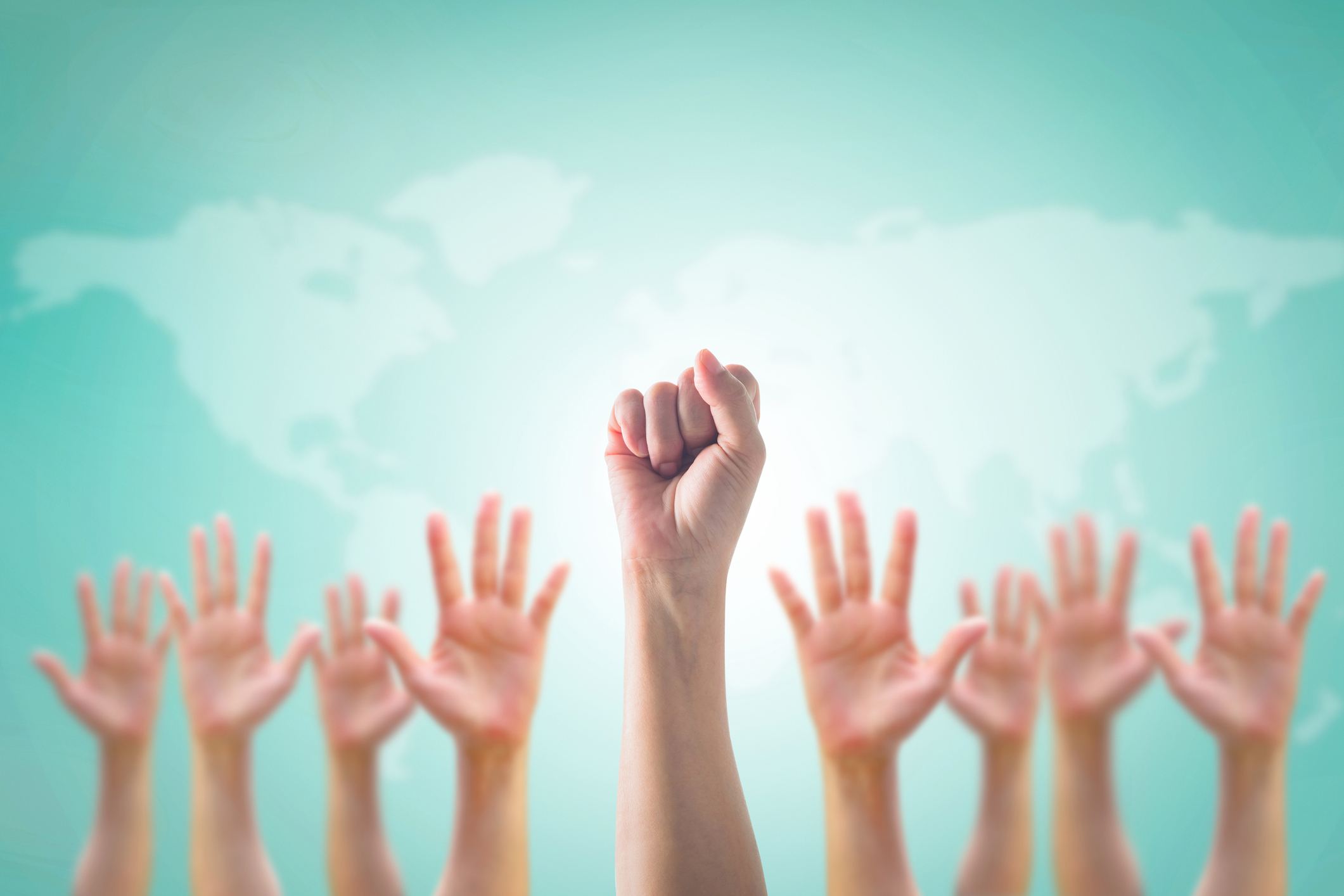Human rights come first and foremost

During a conference organised by the UĦM Voice of the Workers to commemorate Worker’s Day at the end April, one of the subjects discussed was Constitutional Reform. The discussion was very interesting and emphasised the need to teach students about the Constitution at school. It is the Constitution alone that can safeguard our values and rights.
When the lawmakers draft a constitution, it is not the concrete details that matter. What matters is the concept of humanity, which lends dignity to every human being.
When we talk about democracy today, it is irrelevant whether we are referring to a parliamentary democracy such as the one in Malta, or a presidential democracy as they have in France or the United States. Both types of democracy are based on the idea that human activity at the governmental or public level should reflect the dignity that should be accorded each person from birth. This means that the legal system should be based on the human rights that, in principle, should ensure equal treatment of all without discrimination.
When we say that democracy is in crisis, what we mean is that the constitution is in crisis. One can, at least in theory, legitimately change the constitutional framework that governs a democracy. Human rights, however, cannot be changed or abolished.
So what do we mean when we say that the constitution is in crisis? The liberal thinker Ralf Dahrendorf had written that a constitution based on human rights gives and guarantees civil and social rights to the citizens. They are all important, because what is the use of the right to vote if you do not have access to education or a roof over your head?
Social and civil rights make it possible for citizens to participate in a democratic life. However, the income of many European citizens, particularly the Maltese, has been frozen for a long time. In the meantime, digitalisation has increased productivity in many Western countries, including Malta. As a consequence, more and more people are finding it difficult to take advantage of the benefits of living in a democracy. Therefore, if we really want to maintain democracy, we need to do all we can to bring balance out these two aspects.
We can do this by practicing empathy, which balances all that is rational with all that is emotive. The opposite of this is antagonism, a terrible emotion that is often incited by populists the world over.
